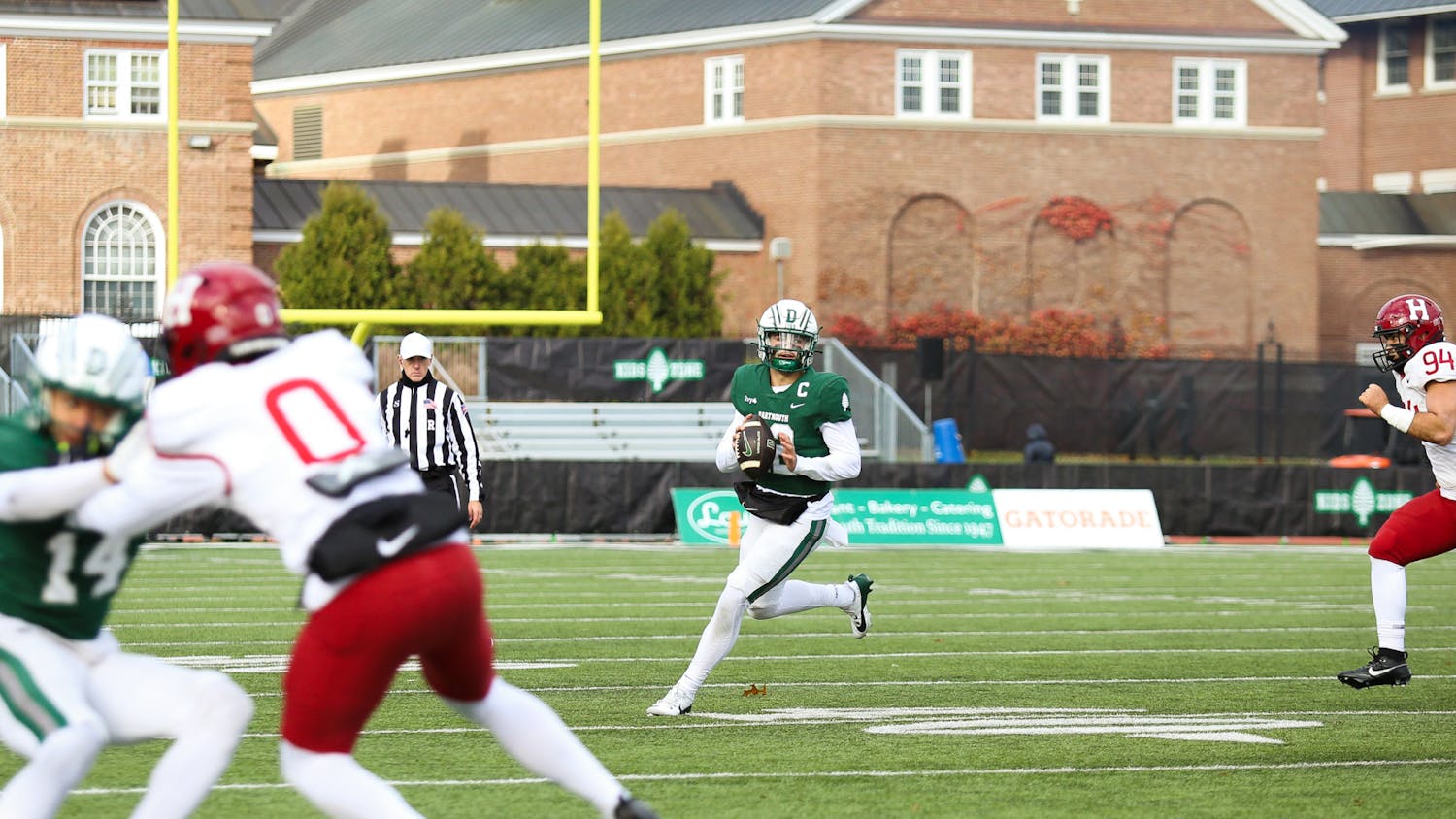While at Dartmouth, Joe Walsh ’84 discovered a love for cross-country skiing. That love launched a Paralympic career for the Braintree, Massachusetts native, who went on to work for the U.S. National Team. In 2009, he founded Adaptive Sports New England, a nonprofit which seeks to increase participation in sports among young adults in New England with visual, mobility and physical impairments.
How did you begin skiing?
JW: I actually really started cross-country skiing while I was at Dartmouth. I had done just a little bit and had alpine skied recreationally since I was a kid. I got involved with skiing because I was interested in the training and doing the things the skiers were doing in the off-season for training.
What difficulties did you face as a Paralympic athlete?
JW: The biggest difficulty of being a Paralympic athlete in my era was the lack of attention, awareness and support. There weren’t a lot of people paying attention to what we were doing — anywhere — whether it was in Hanover, where I lived, within the U.S. Olympic and Paralympic structure or within the public. It’s hard to do something like that when there are not a lot of other people asking how it’s going.
What inspired you to found Adaptive Sports New England?
JW: I was working as the managing director of Paralympics out in Colorado Springs, Colorado for 10 years. What we lacked the most in the U.S. system was the number of young athletes who came up through youth sports programs and contended for positions on the U.S. Paralympic National Team and U.S. Paralympic Olympic Team. It’s tough to solve that problem when you are looking at the entire country. What I said was “Okay, I’ve done my service here to the U.S. National Team program, let’s try and solve this other problem and look at it in a New England-wide setting” — that’s something a little bit more reasonable. Can we figure out how to get more kids playing sports in a region like New England and if we do that, what do we learn from that? Everywhere across the country, this is a big problem: the kids who have vision impairments or physical disabilities are not playing sports. They’re not getting the physical activity, but they’re also not getting the social interaction, the things you learn from playing sports — teamwork and leadership and perseverance.
How can people help the organization?
JW: The number one challenge that Adaptive Sports New England has is connecting to participants. The thing that would be the most helpful to us would be if anyone who finds out about Adaptive Sports New England shares it with anybody they know who has a disability or visual or physical impairment. Most of that population may know they can play sports, but they don’t know they are invited to play sports. What we’re trying to do is make sure they get invited to play sports. If people are interested in doing more specific work for Adaptive Sports New England they can contact me, and we can talk about it. We’re not a big operation, and we don’t have a lot of money, but we are always looking for smart people to help.
What did you enjoy most in your 13 years coaching youth cross-country skiing?
JW: What I enjoy most about coaching is playing with kids who are excited. Working with elementary school kids and just having fun, smiling, singing, dancing and playing in the snow — that’s fantastic. I also coached a group of pretty serious high school athletes for a while when I was coaching cross-country skiing and certainly interacted with some of our local Paralympic hopefuls and Paralympians. Although I’m not necessarily coaching them, working with them and seeing them getting excited about an improvement is really rewarding for me to watch.
What lessons do you hope your students take away from sports?
JW: We try to instill that participating in sports and competing in sports is important because one, it’s fun and enjoyable, and we all need that in our lives, and two, because you learn things and you get that satisfaction of improvement. Winning is really fun and trying to win can be really fun too. Sometimes you don’t win and that’s absolutely okay. If kids can grow up understanding that when you don’t win, it’s still okay — it might not be fun, but it’s okay —then that’s great.
This interview has been edited and condensed for clarity and length.



